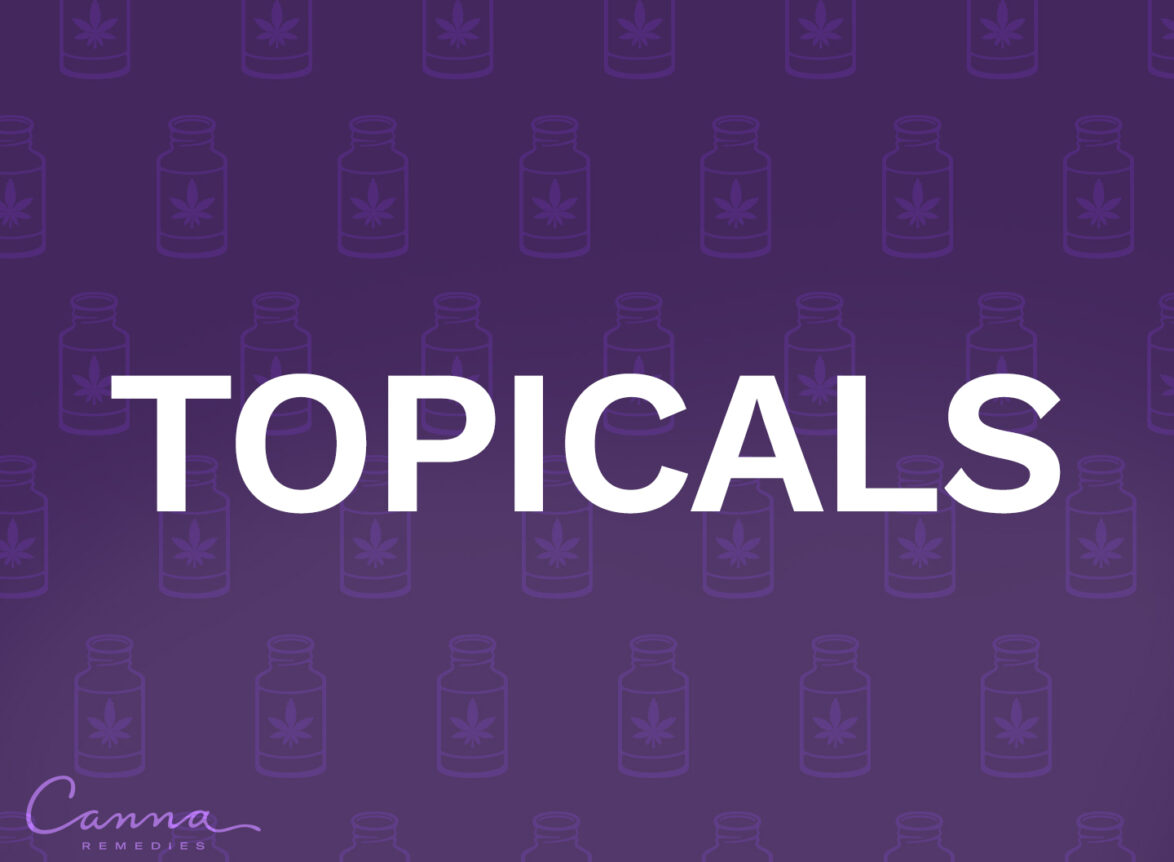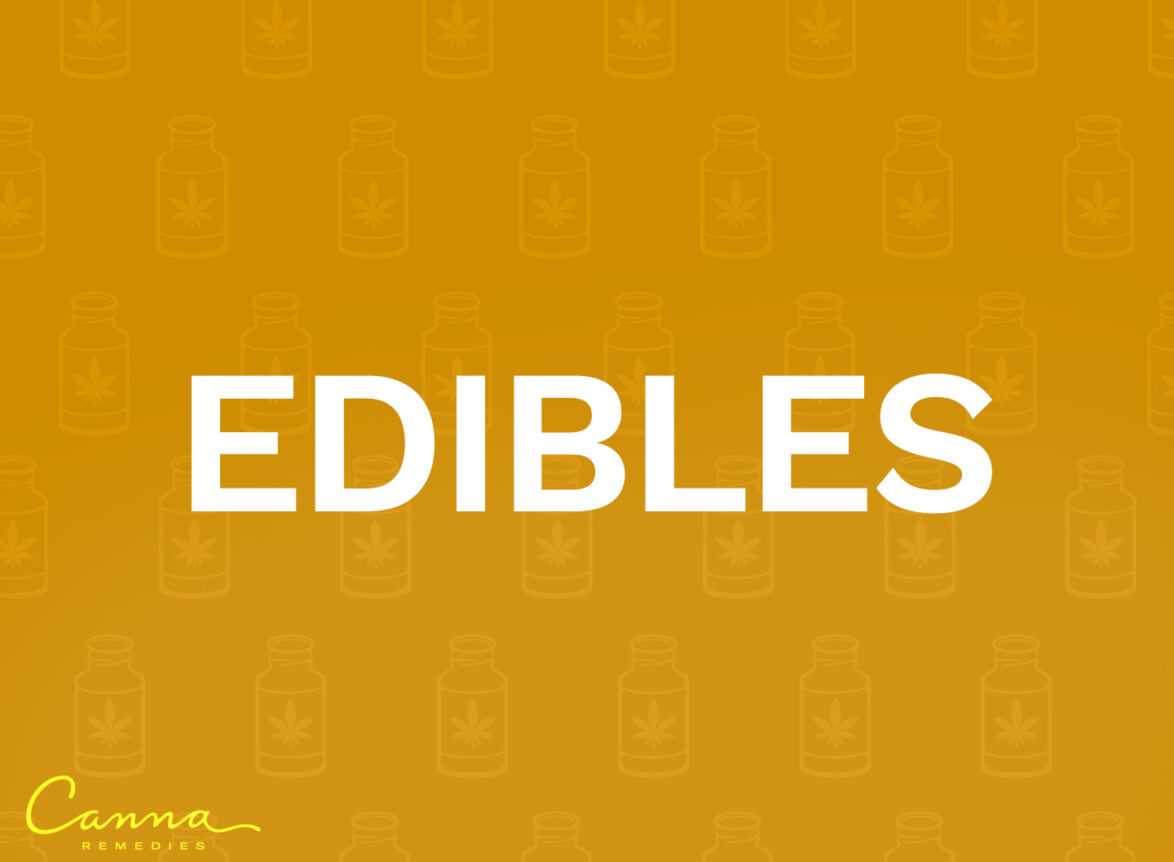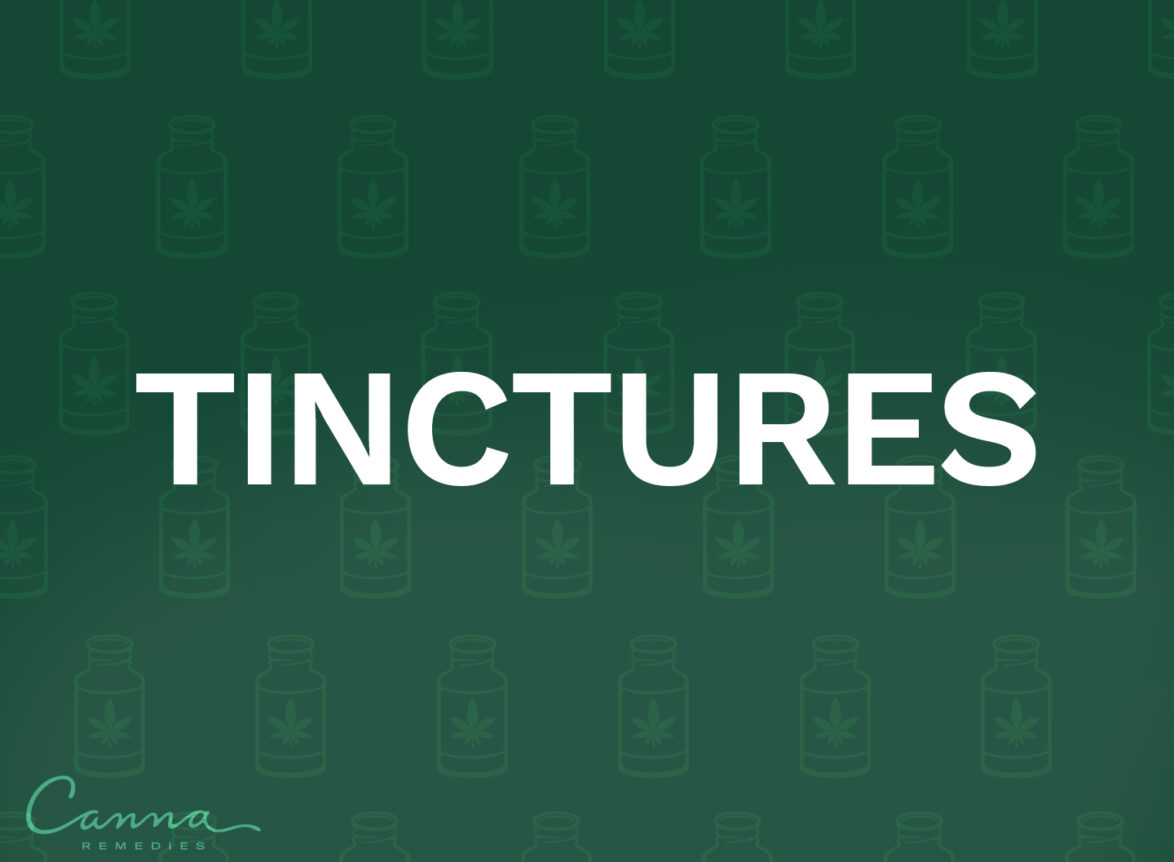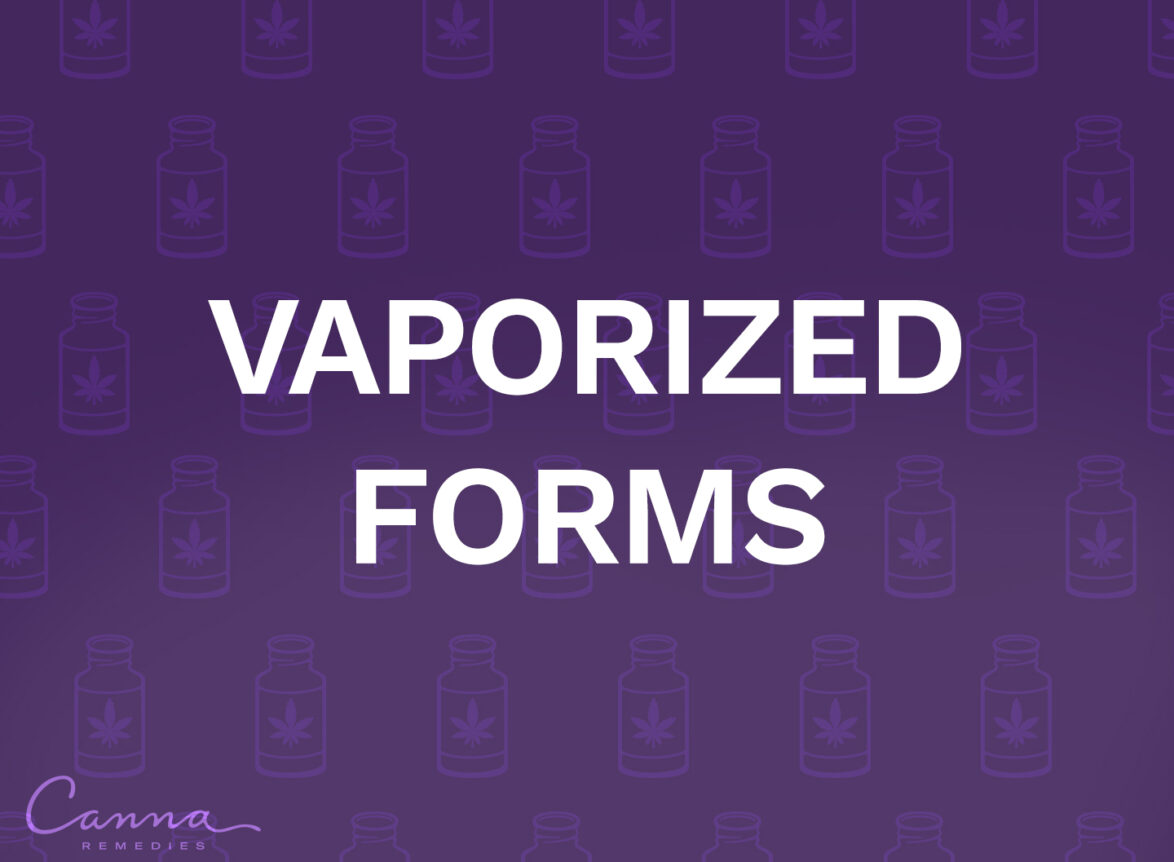Whether you are a seasoned consumer or new to the game it can happen – that moment you realize you consumed too much. THC overconsumption is not uncommon, especially with the growing popularity of high-potency cannabis strains. There is no shame in it. There is also no need to panic.
Just keep in mind you can’t blaze yourself to death, but your body could be miserable if you consume without caution. Let’s look at the most common symptoms of an uncomfortable high and learn how to manage them. Remember, if symptoms become unmanageable at home, seek medical care.
- Munchies
- Why it happens: THC increases appetite by activating CB1 receptors in the stomach and brain. In the stomach, it increases your levels of ghrelin, or the hunger hormone, thus increasing your appetite. In the brain, it activates proopiomelanocortin neurons (POMCs) secondary pathway which is tied to appetite stimulation.
- Ways to Prevent: Strains higher in CBD help temper the effects of THC and could help you keep the late-night munchies at bay. Strains higher in THCV also can reduce the chance of munchies, as THCV has the ability to block the reward sensation in the brain that triggers overeating.
- Ways to Manage: Control the foods you eat by placing healthier snacks around so you choose them first. Distract yourself by listening to music, going for a walk, or doing another form of exercise you enjoy. Drink plenty of water to fill up your stomach and keep your body hydrated.
- Short Term Memory Loss
- Why it happens: THC changes the way the hippocampus processes information, which can affect the ability to form new memories. This change in information processing can also lead to poor judgment
- Ways to Prevent: Don’t over consume, Use cannabis strains higher in Pinene and CBD for their neuroprotective benefit
- Slow Reaction Time
- Why it happens: Changes in the cerebellum and basal ganglia cause alteration in balance, coordination, and reflex response. This can affect the ability to drive.
- Ways to Prevent: Don’t over consume. “Low & Slow”
- Dry Mouth
- Why it happens: Inhaling smoke of any kind dries out the nasal passages which are connected to the eyes causing the surface of the eyes to dry out
- Ways to Prevent: Hydrate, use cannabis forms other than smoking
- Ways to Manage: Try Artificial Saliva, available over the counter from most pharmacies.
- Dry Eyes
- Why it happens: Cannabis molecules bind to the CB1 & CB2 receptors in the eye and saliva glands which then causes a decrease in saliva and tear production.
- Ways to Manage: Use Artificial Tears or Saliva
- Red Eyes
- Why it happens: Cannabis causes an expansion of blood vessels and the increase of blood flow to the eye, causing the red-eye effect.
- Ways to Manage: Use of OTC eye drops containing tetryzoline can help, as can chocolate, sodium, or caffeine.
- Paranoia/Anxiety
- Why it happens: When the brain absorbs far more THC than usual, this causes an overstimulation of the amygdala causing fear and anxiety. The chances of anxiety or paranoia are more likely when we are concerned, think negatively about ourselves, or have disturbing shifts in our perception.
- Ways to Prevent: Consume less at a time, use cannabis strains with a higher CBD content
- Ways to Manage: Create a relaxing environment, alternate nostril breathing, consume a mixture of orange juice and pepper.
- Hallucinations/Psychosis
- Why it happens: Hallucinations, delusions, and a loss of the sense of personal identity can occur in people who have ingested large doses of marijuana. Risk factors include use at a young age, frequency of use, potency, genetics (AKT1, family history)
- Ways to Prevent: Consume less THC, try ratio products with higher CBD, go low and slow.
- Lightheadedness/Dizziness
- Why it happens: While cannabis can initially increase heart rate and blood pressure, thoughts are the vasodilatory effects.
- Ways to Prevent: Eat before you consume, consume less THC, change consumption method, go low and slow, consume while seated.
- Headaches
- Why it happens: Rebound headaches from cannabis can be caused by dehydration and overuse. Cannabis can cause the mucous membrane to become dry and increase the thickness of the mucous.
- Ways to Prevent: hydrate, titrate dose – “low & slow”, take a tolerance break
- Increased Heart Rate
- Why it happens: Cannabis has complex effects on the cardiovascular system – increasing heart rate, dilating blood vessels, and making the heart pump harder. Smoking cannabis causes an immediate increase in heart rate and expansion of the blood vessels. (20-50 beats per minute)
- Ways to Prevent: Use non-smokable forms
- Drowsiness
- Why it happens: THC communicates with the cannabinoid receptors to increase adenosine which is involved in the sleep/wake cycle and can cause a feeling of sleepiness. Myrcene, a terpene found in cannabis, can add to the sedative effect while also enhancing the sedative effect from THC.
- Ways to Prevent: Indica strains are more drowsing, so look for cannabis sativa or hybrid strains or choose a strain with a CBD ratio to inhibit some of the mind effects.
- Cannabinoid Hyperemesis Syndrome
- A rare condition occurring in daily long-term users of marijuana that leads to repeated and severe bouts of vomiting, the cause is still unknown.
- Ways to Prevent: Take tolerance breaks, use cannabis responsibly
- Way to Manage: Hot shower/bath, Capsaicin cream applied to the sternum
- A rare condition occurring in daily long-term users of marijuana that leads to repeated and severe bouts of vomiting, the cause is still unknown.







